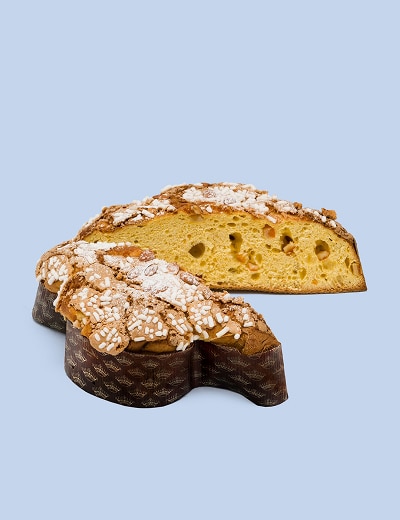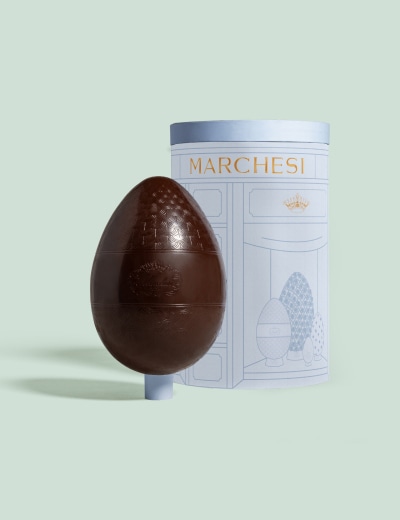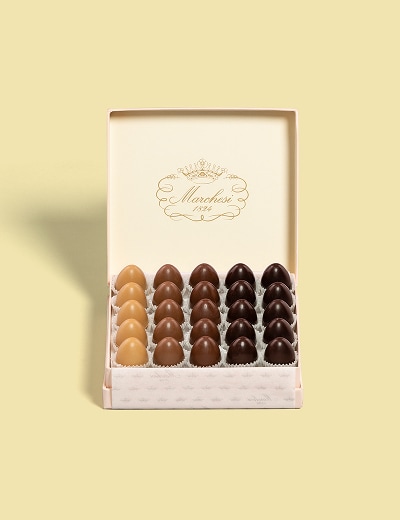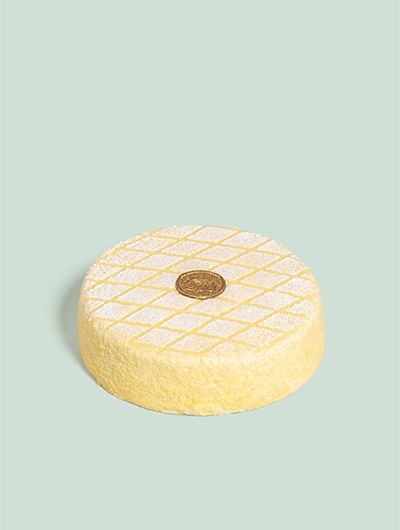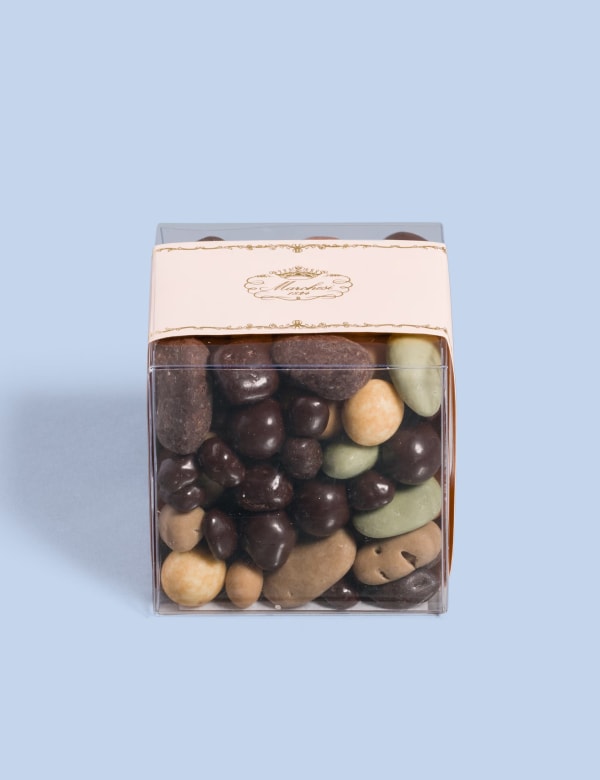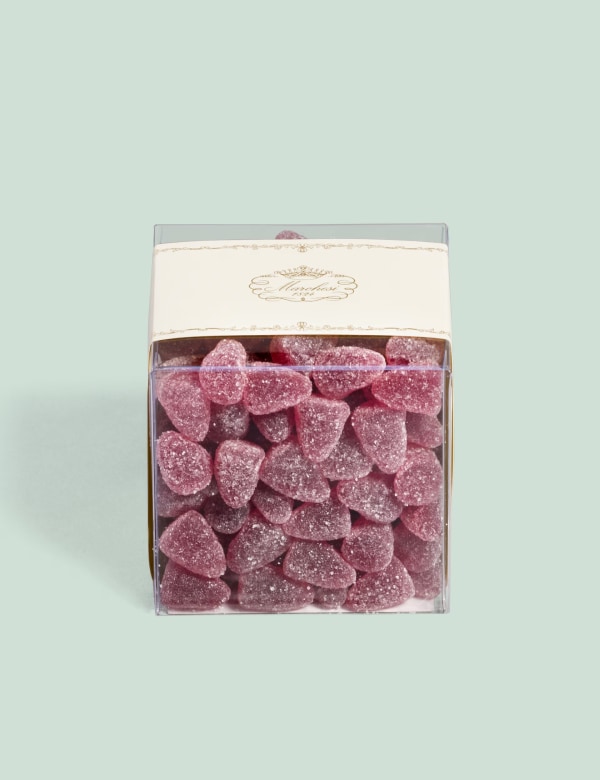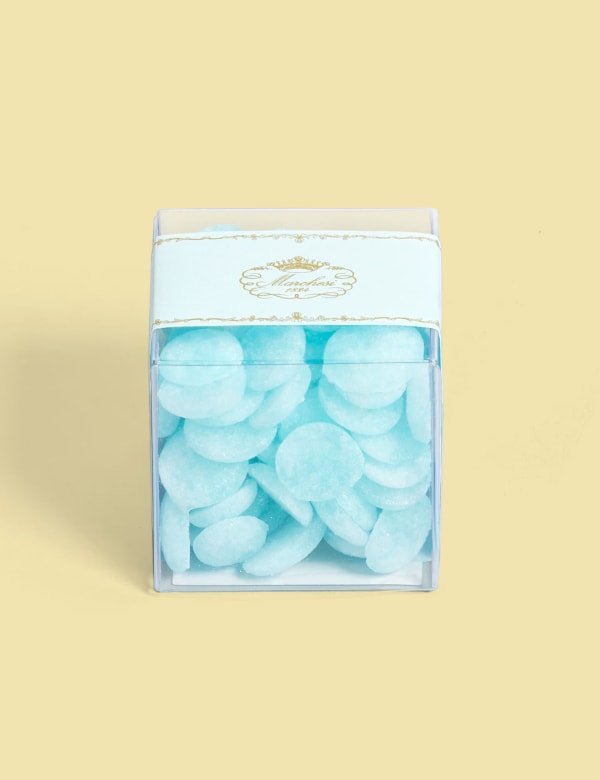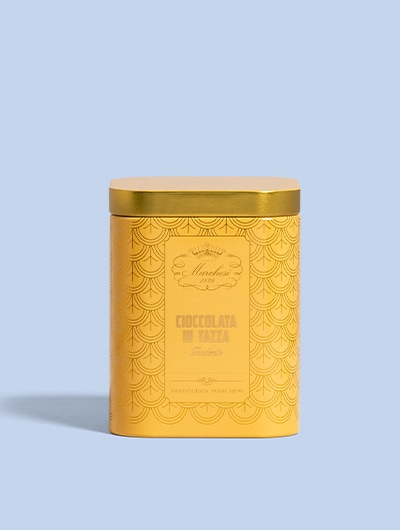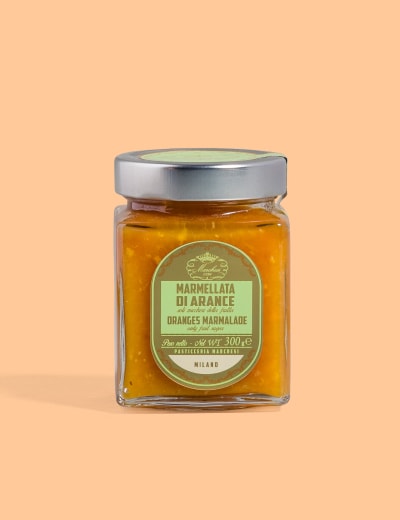
Invented in the pre-war years, the now celebrated Marchesi Cocktail is a classic aperitivo in the finest Milanese tradition. Without giving away too many of its secrets, here is the story of how it has become a perennial favourite with the Marchesi 1824 clientele.
The word “aperitif” comes from the Latin aperire, meaning “to open”, and the value of the pre-dinner drink in “opening” or stimulating the appetite has long been understood.
As early as the 5th century, the practice of drinking an invigorating “concoction” before eating is mentioned in the writings of Saint Diadochos of Photiki, the influential ascetic. He was not in favour of the trend, but in this case his influence appears to have been limited, as some sixteen centuries later millions of people around the world still regularly enjoy a refreshing pre-dinner drink.
The birth of the modern Italian aperitivo can be traced to Turin in 1786, when Antonio Benedetto Carpano created the original vermouth. And in fact, classic Carpano “rosso" is one of the key ingredients in the Marchesi Cocktail served by Marchesi 1824 today.
By the early 1900s, Milan was rapidly becoming Italy’s aperitivo capital. Understanding the appeal of this trend, Angelo Marchesi, owner of the first Marchesi 1824 pastry shop, decided to introduce evening cocktails and other refreshments to complement the freshly baked pastries and cakes he already served, transforming the patisserie in via Santa Maria alla Porta into a fashionable, fully-fledged bar.
It was one of his descendants who, during the heady years between the wars, invented Marchesi 1824’s own exclusive cocktail, by adding the aforementioned Carpano vermouth to Bombay London Dry Gin, Martini Bitter and a herbal liqueur that shall remain unnamed.
Mixed in the right proportions and served as only Marchesi 1824 knows how, these ingredients must have hit a uniquely satisfying note, because the Marchesi Cocktail recipe has remained unchanged ever since. Like all the best Italian aperitivi, it is dry, slightly bitter, and just strong enough to provide the digestive system with an effective and very enjoyable wake-up call.









